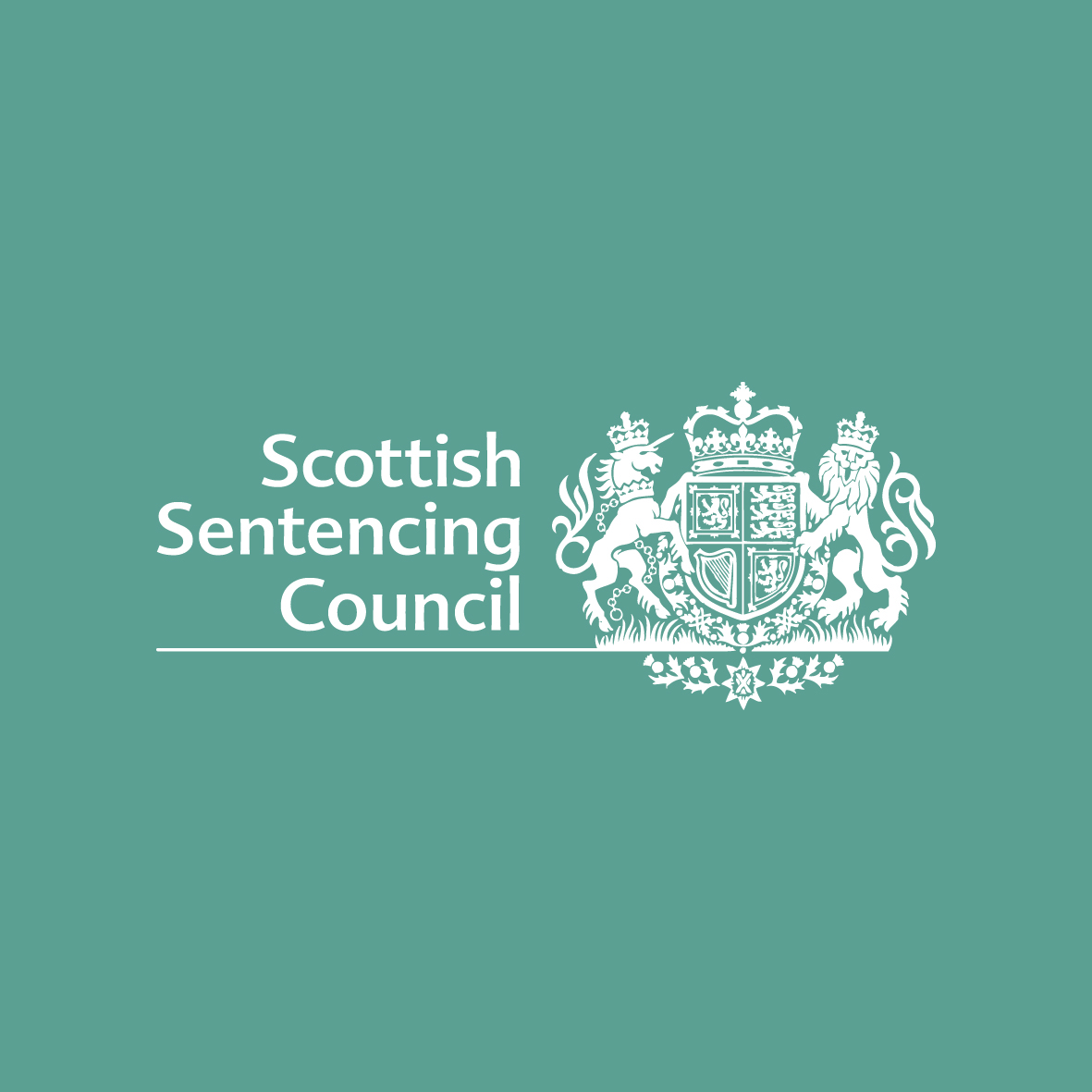New research examines how victims of sexual offences view sentencing in Scotland

New research examining the views of victims of sexual offences has found that they often experience a lack of information, communication and understanding during and after the sentencing process.
The study, commissioned by the Scottish Sentencing Council, heard from 14 women with experience of sexual violence and gathered their views and attitudes towards sentencing.
Most of the participants described having little or no information ahead of the sentencing hearing and facing considerable difficulty in understanding the sentence imposed.
They felt there was a lack of information on the actual sentence that would be served, the judge’s reasons for the decision, and how the sentence related to individual victims and offences.
A report on the research, by Dr Oona Brooks-Hay, Michele Burman and Jenn Glinski, of the Scottish Centre for Crime and Justice Research (SCCJR), states: “There is little doubt that for victim-survivors of sexual violence, sentencing is experienced as a complex, bewildering and emotional issue.
“A range of concerns were expressed about their treatment before, during and after the sentencing process. Collectively, these concerns point to the importance of emotional and practical support, including the provision of clear and timely information throughout the process.
“Whilst there were some differences in views about whether and how ‘justice’ was achieved for individual participants, and the role of sentencing within that, there was a strong desire from all that sentencing processes and decisions reflect an understanding of the all-encompassing and harmful effects of sexual violence on the lives of victim-survivors.”
The report lists several recommendations seeking to improve victims’ experiences, such as providing them with information on what to expect at the sentencing hearing and the different disposal options available to the judge.
The Council will consider the findings and conclusions relating to its work and highlight the report to other relevant justice agencies and support groups.

